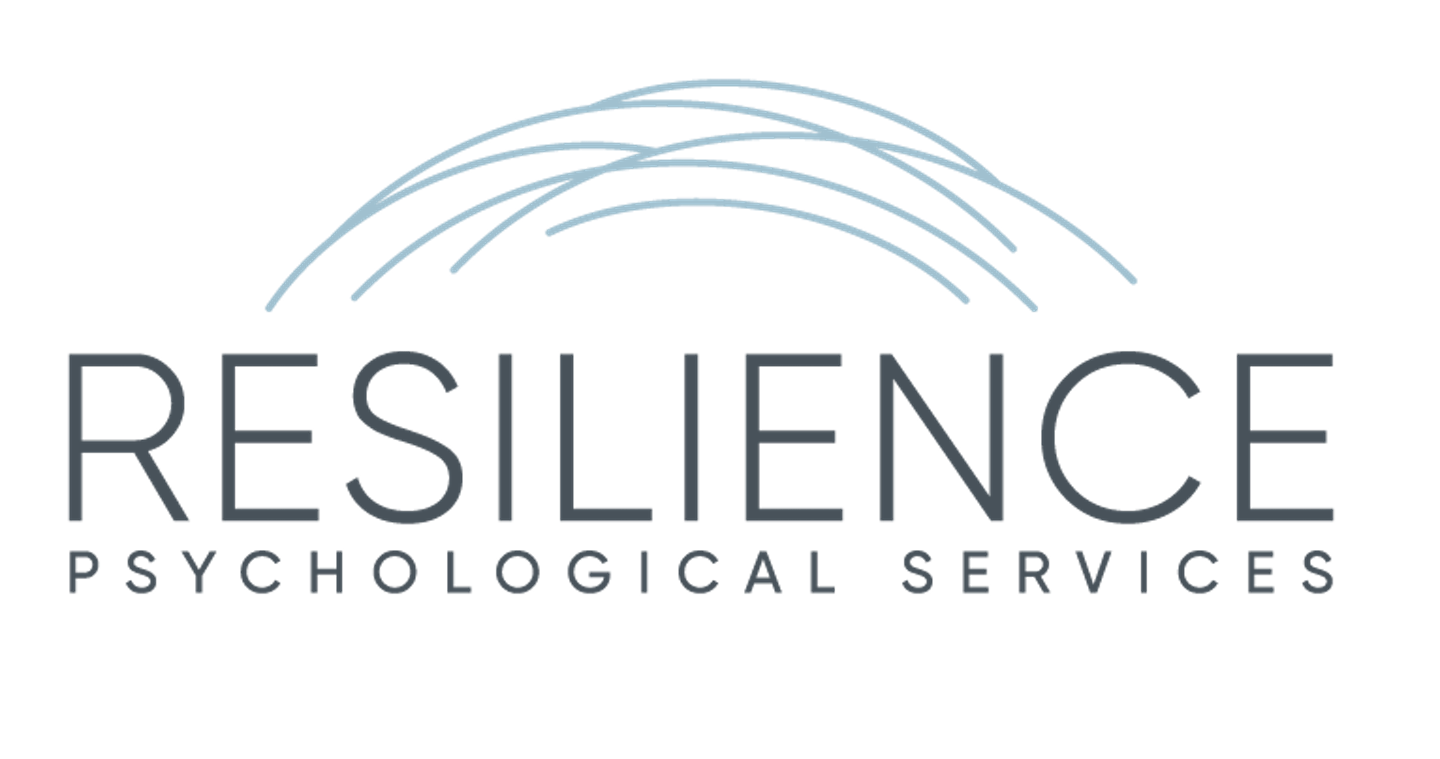Black liberation
Black Liberation encompasses a broad and evolving struggle for freedom, equality, and justice, seeking to dismantle the systemic oppression that has shaped Black experiences for centuries. Rooted in resistance to slavery, segregation, and colonialism, Black liberation draws on the legacy of resistance led by enslaved people, abolitionists, civil rights leaders, and Black intellectuals. This movement is more than a response to individual injustices; it challenges the structural forces that perpetuate racial inequality, including economic disenfranchisement, policing, and housing discrimination.
Beginning with the fight to abolish slavery and later expanded by the Civil Rights Movement, Black liberation evolved to incorporate a vision of self-determination, collective pride, and economic empowerment. Recognizing the interconnectedness of anti-Blackness globally, Black liberation also draws from and inspires international struggles against colonialism, linking domestic efforts for racial equity with global demands for justice and autonomy.
Black Liberation in Therapy
Black liberation-informed therapy prioritizes the mental health and well-being of Black individuals through a lens of justice, empowerment, and resilience. In a society where anti-Blackness and systemic oppression impact every facet of life, this therapeutic approach recognizes the unique struggles and strengths of Black individuals and communities. It acknowledges that mental health for Black individuals is intertwined with the fight against systemic racism, economic injustice, and cultural erasure. Black liberation in therapy is about healing but also about reclamation, self-love, and community strength.
This approach addresses the psychological effects of systemic racism, intergenerational trauma, and the daily discrimination Black individuals often face. It strives to create a space where Black clients feel seen, valued, and empowered, challenging the ways racism impacts mental health and supporting a journey toward self-acceptance, resilience, and liberation.
Key Principles
Affirming Black Identity: Black liberation therapy honors and celebrates Black identity, empowering clients to explore their cultural heritage, self-worth, and pride as sources of strength and resilience.
Healing from Racial Trauma: This approach acknowledges the emotional toll of systemic racism, offering support for clients to process and heal from experiences of discrimination, bias, and generational trauma rooted in anti-Black oppression.
Building Collective Resilience: Black liberation therapy emphasizes community connection, helping clients find strength in their cultural roots, histories, and collective experiences. This approach embraces interdependence as a powerful tool for individual and collective healing.
Challenging Eurocentric Norms: Black liberation therapy rejects traditional mental health models that pathologize or ignore the Black experience. Instead, it incorporates culturally relevant practices that uplift Black voices, values, and histories.
In a Black liberation-centered space, the therapist and client work collaboratively to address mental health within the broader context of systemic oppression and Black cultural history. This approach affirms that healing is not only an individual process but is connected to cultural pride, community, and collective resilience. It honors the impact of historical inequalities while celebrating the strength and diversity within Blackness.
How We Can Help
A Black liberation-informed approach to therapy centers healing that celebrates Blackness, confronts racism, and fosters self-determination. It provides a safe space to address the impacts of systemic oppression while nurturing empowerment, resilience, and pride. This approach focuses on:
Cultural Empowerment and Identity Affirmation: We support you in reclaiming and celebrating your cultural heritage, helping you explore and affirm your identity in a space that centers Black joy, strength, and resilience.
Healing from Racialized Trauma: We provide a compassionate space to process racial trauma, discrimination, and systemic barriers, working with you to build strategies for resilience and empowerment.
Community and Connection: We connect you with culturally relevant resources and support networks, building a community of care that affirms and uplifts you in your journey.
To be a therapist in Black liberation work is to recognize that traditional therapy often overlooks Black experiences. It’s about creating a space that confronts barriers to healing, empowering clients to reclaim their narratives, define their paths, and build resilience against oppressive structures.
What to Expect
Non-Pathologizing Support: Black liberation therapists understand that the impacts of racism and systemic oppression are not individual “issues” but are rooted in structural injustices. Therapy is about supporting your mental health, not blaming or pathologizing.
Culturally Relevant Care: Black liberation therapy integrates practices that reflect and respect Black cultural values, traditions, and history, adapting care to meet each client’s unique cultural perspective.
Advocacy and Education: Many Black liberation therapists are involved in advocacy work, challenging systemic racism within mental health fields and beyond, pushing for societal change, and educating communities about mental wellness through a liberatory lens.
Black liberation within the therapeutic space is a journey of healing, reclamation, and pride. It prioritizes well-being, self-expression, and empowerment, supporting clients in confronting oppression while fostering pride, joy, and resilience within their Black identity. Whether you’re working through racial trauma, seeking to reclaim your cultural identity, or simply looking for a safe space, we’re here to support you.

